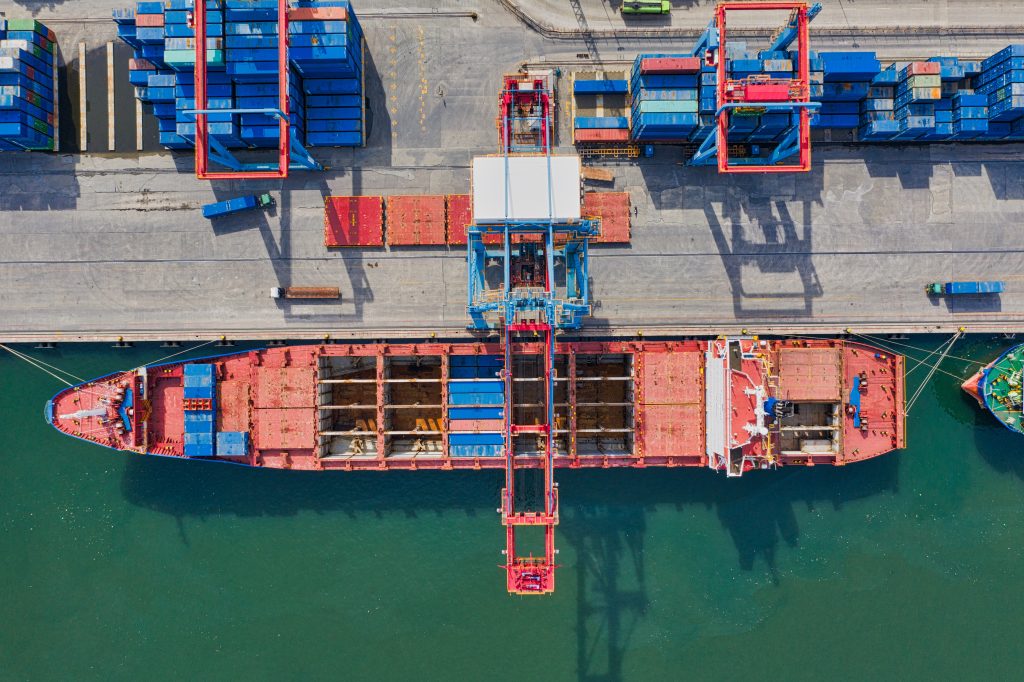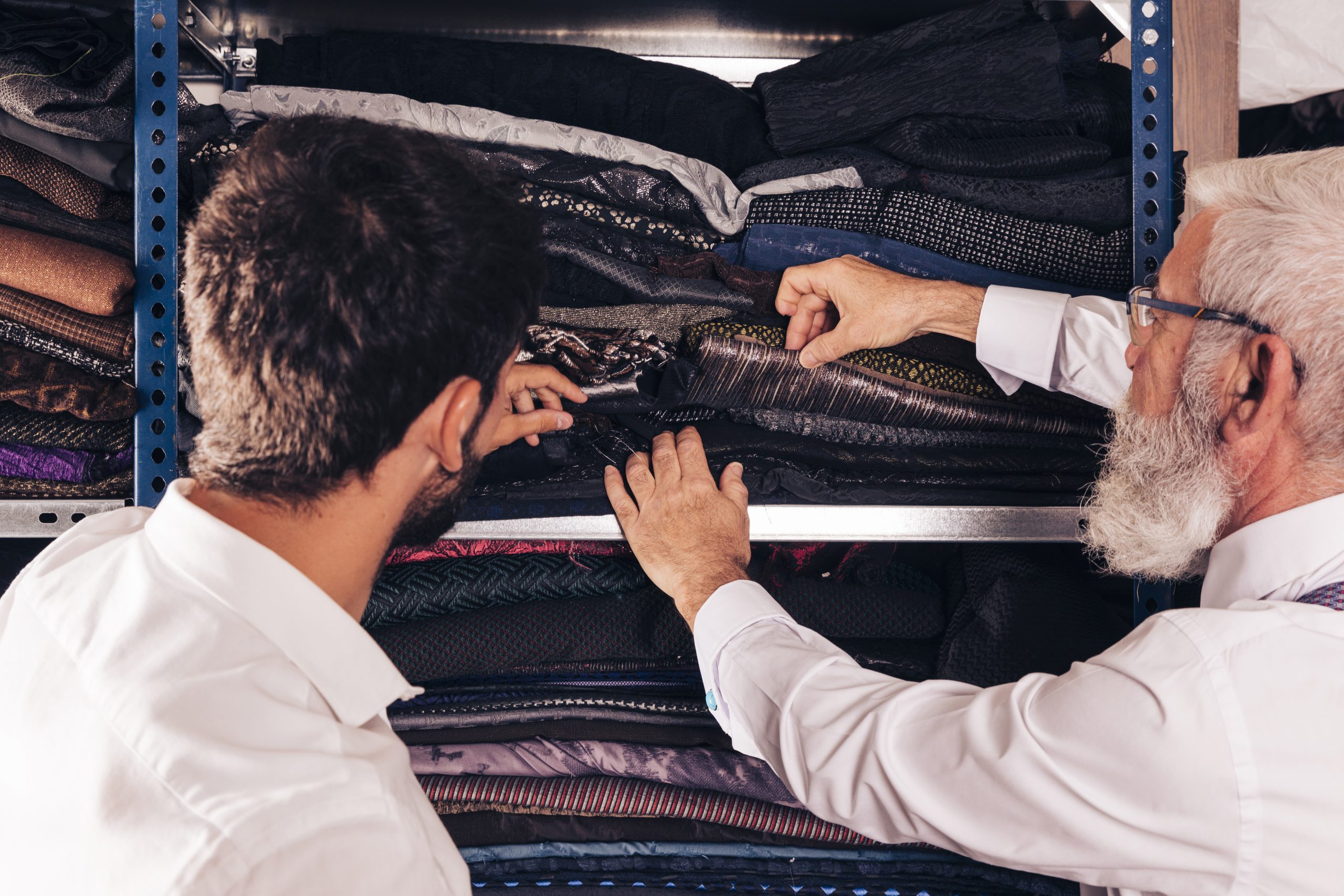Kicking off your importing business can be incredibly exciting! It’s an expanding industry that has plenty of room for more competitors to swoop in and bring imported goods to the masses. Consumers have a growing expectation for convenient access to products of all kinds — including imported products. That being said, it’s a great business venture to get involved in, but new importers must proceed with caution to make sure that they are doing things correctly and protecting their business.
Information about the importing process into the U.S. is quite widely available. Customs and Border Protection (CBP) makes this info easily accessible on their website. One of the documents that is recommended for commercial importers is this: Importing Into the United States: A Guide for Commercial Importers.
While reading through this information, you’ll find plenty of valuable instructions and definitions laid out in the document, like: regulations, requirements, processes, foreign trade zones, etc. However, it is quite a lengthy legal document, with lots of weighty jargon and specific terms. This certainly makes it informative, but a bit difficult to navigate. If you are not accustomed to sifting through this kind of language in order to determine what needs to be done from a business perspective, you may run into a bit of trouble.
The main issue that importers will run into — if they do not understand the many regulations that govern how they should move goods into the U.S. — is non-compliance resulting in hefty fines, wasted time, and possible seizures. For first-time importers, these consequences can seriously hinder the business.
Check out this piece: USA Customs Frequently Asked Questions
Without any further delay, here are a few areas to watch out for if you’re a first-timer in the importing space.

Permits & certifications
Depending on the way your goods are classified, you may be required to obtain a particular permit, depending on the agencies involved in the import. CBP doesn’t require a permit outright, so it’s crucial that you check before you make an order with a manufacturer.
U.S. Regulations
Back to the goods classification, you need to be aware of any regulations that apply to your shipment. Specifically food and textiles — which are tightly regulated. But even if your goods do not fall into that category, you, as an importer, must keep a close eye on any potential compliance issues.
Marking and Labeling
Most commercial goods have quite specific label requirements. Surprisingly, erroneous labeling happens quite often, resulting in a shipment rejection. It is really important to have close communication with the manufacturer/supplier in order to clarify any U.S. labeling requirements.
Partnering Up With A Broker
Working with a broker ensures that you don’t have to go it alone — navigating rules, regulations, and requirements. Beyond just making sure that you have a rock-solid foundation in terms of the regulatory framework, brokers increase your likelihood of clearing customs overall. They can even file documents to CBP on your behalf!
This frees up your time to engage with other areas of your burgeoning import business!
For further details on these topics, check out Our Guide to Importing Into the USA & Picking the Proper Port With A Customs Broker.
Clearing customs for the first time can be quite daunting! That’s why partnering up with a customs broker as soon as you know you’re looking to start doing imports is ideal. Oftentimes, brokers are looped in too late. If you’d like to learn more about what a partnership with a customs broker could look like, you can drop us a line here to start a no-commitment conversation.






